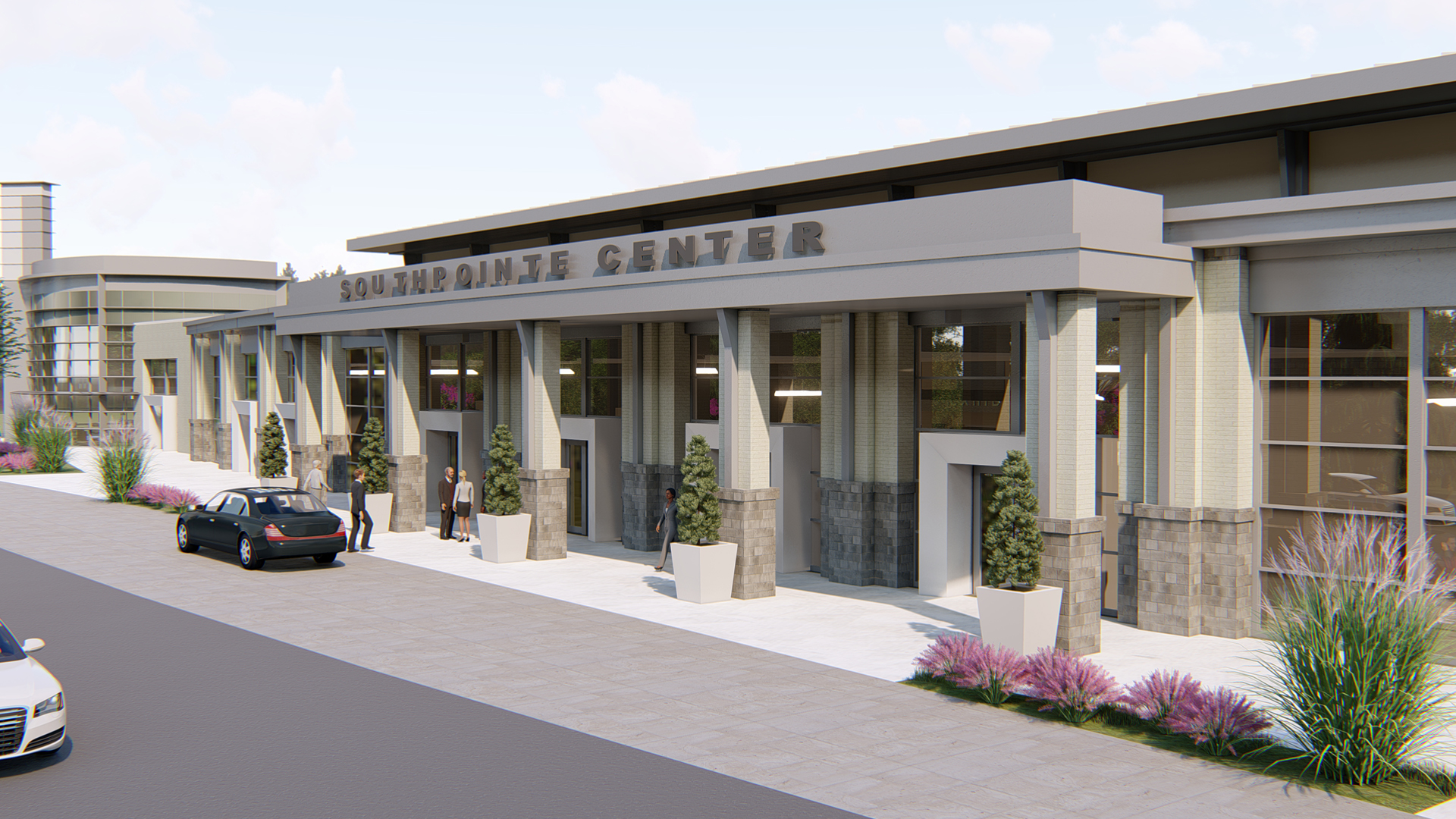

Thames Estuary Growth Board Kate Willard, Thames Estuary Envoy & Chairĭuring the break period you’re able to move around the event – with a speed networking area to allow you to video chat at random so get your elevator pitch ready. Their Action Plan, ‘The Green Blue’, which was released in July sets out the vision for driving sustainable and economic growth, regenerating infrastructure and improving transport and connectivity. It has a dedicated Growth Board, led by Government-appointed Envoy Kate Willard and has plans to deliver the greenest and most productive Estuary in the world. The Thames Estuary has potential to create 1.5m jobs and £115bn GVA to UK economy. The 'Earth Summit' also led to the creation of the Commission on Sustainable Development, the holding of first world conference on the sustainable development of small island developing States in 1994, and negotiations for the establishment of the agreement on straddling stocks and highly migratory fish stocks.Enjoy some networking time with those also attending the conference and visit the exhibitors – with the ability to video chat with attendees, enter the speed networking area or visit the booths of our sponsors. The 'Earth Summit' had many great achievements: the Rio Declaration and its 27 universal principles, the United Nations Framework Convention on Climate Change (UNFCCC), the Convention on Biological Diversity and the Declaration on the principles of forest management. Its recommendations ranged from new methods of education, to new ways of preserving natural resources and new ways of participating in a sustainable economy. One of the major results of the UNCED Conference was Agenda 21, a daring program of action calling for new strategies to invest in the future to achieve overall sustainable development in the 21st century.

FOCALPOINT PHONE CONFRENCE HOW TO
This concept was revolutionary for its time, and it sparked a lively debate within governments and between governments and their citizens on how to ensure sustainability for development. The conference also recognized that integrating and balancing economic, social and environmental dimensions required new perceptions of the way we produce and consume, the way we live and work, and the way we make decisions. It also recognized that integrating and balancing economic, social and environmental concerns in meeting our needs is vital for sustaining human life on the planet and that such an integrated approach is possible.

The 'Earth Summit' concluded that the concept of sustainable development was an attainable goal for all the people of the world, regardless of whether they were at the local, national, regional or international level.

The primary objective of the Rio 'Earth Summit' was to produce a broad agenda and a new blueprint for international action on environmental and development issues that would help guide international cooperation and development policy in the twenty-first century. The Rio de Janeiro conference highlighted how different social, economic and environmental factors are interdependent and evolve together, and how success in one sector requires action in other sectors to be sustained over time. A 'Global Forum' of NGOs was also held in Rio de Janeiro at the same time, bringing together an unprecedented number of NGO representatives, who presented their own vision of the world's future in relation to the environment and socio-economic development. This global conference, held on the occasion of the 20th anniversary of the f irst Human Environment Conference in Stockholm, Sweden, in 1972, brought together political leaders, diplomats, scientists, representatives of the media and non-governmental organizations (NGOs) from 179 countries for a massive effort to focus on the impact of human socio-economic activities on the environment. The United Nations Conference on Environment and Development (UNCED), also known as the 'Earth Summit', was held in Rio de Janeiro, Brazil, from 3-14 June 1992. A new blueprint for international action on the environment


 0 kommentar(er)
0 kommentar(er)
